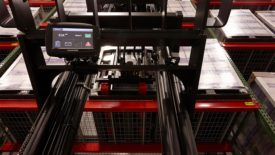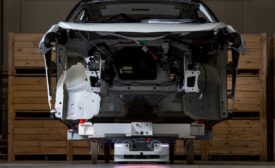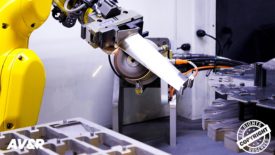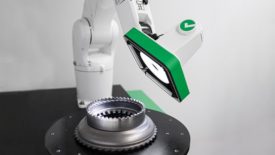Home » automation
Articles Tagged with ''automation''
Test & Inspection
Automatic manual gauging improves process control, yield, and capacity.
Read More
Test & Inspection
Automated Testing Systems – Pushing the Envelope
How did we get here, where are we going, and is automation always optimal?
January 18, 2024
Automation
How Modern Warehouses are Redefining Efficiency Through Automation — Part 2
Insights into how AI, IoT, and blockchain are revolutionizing warehouses, enhancing transparency, and optimizing operational efficiencies.
January 17, 2024
Automation
Skilled Workers Pivot in an Automated Age — Part 1
Transitioning from repetitive tasks to specialized roles, with training as the key.
January 16, 2024
New Product
UR+ Certification for Smart Vision Lights’ DoAll Multifunctional Light
January 2, 2024
Software
Software helps see inside a lights out process
Remote oversight supports processes that cannot by nature be closed loop controlled.
December 31, 2023
Software
AI and Automation Technologies Converge to Simplify Automated Visual Inspection
Machine vision, AI, robotics, and intelligent inspection planning technologies working in synergy help democratize industrial automation systems.
December 29, 2023
Management
Results in for the 23rd Annual Quality Spending Survey
The status of spending
December 28, 2023
Stay in the know with Quality’s comprehensive coverage of
the manufacturing and metrology industries.
eNewsletter | Website | eMagazine
JOIN TODAY!Copyright ©2024. All Rights Reserved BNP Media.
Design, CMS, Hosting & Web Development :: ePublishing
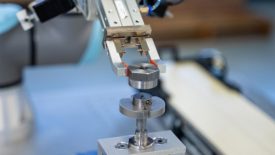
.jpg?height=168&t=1705603301&width=275)
